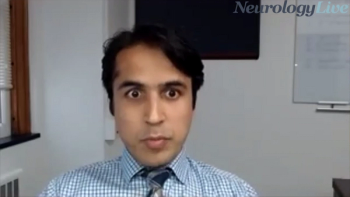
The neurologist at Cleveland Clinic addressed aspects of care for elders with generalized epilepsy that need to be further researched.

The neurologist at Cleveland Clinic addressed aspects of care for elders with generalized epilepsy that need to be further researched.
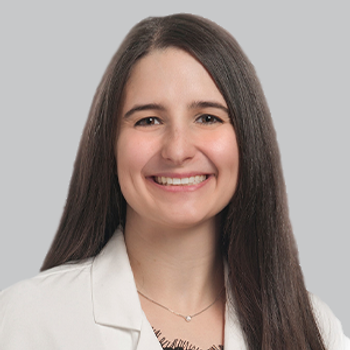
Marisa McGinley, DO, from the Mellen Center for Multiple Sclerosis Treatment and Research at Cleveland Clinic, offered her insight into the manual dexterity test and the need to better prognosticate dexterity issues.
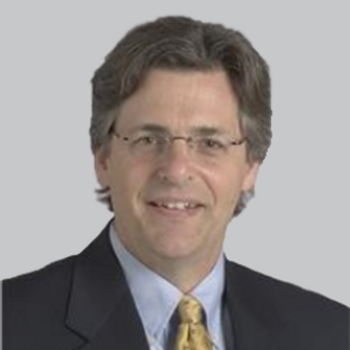
Stephen Rao, PhD, ABPP-Cn, the Ralph and Luci Schey Chair and Director of the Schey Center for Cognitive Neuroimaging at Cleveland Clinic, discussed the development of the MSPT.
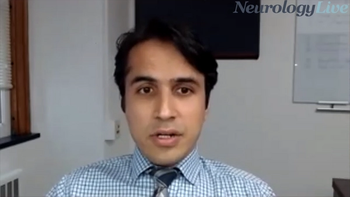
The neurologist at Cleveland Clinic discussed how his data may change clinicians’ perception on the management and prevalence of generalized epilepsy in elders.
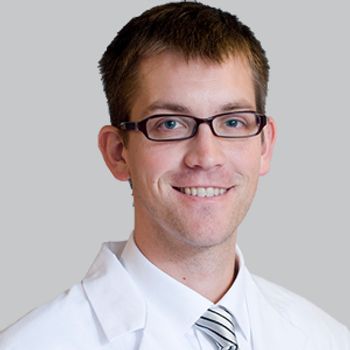
The trial will be the first neuroimaging study aimed at observing the impacts of rhythmic auditory stimulation on walking impairment in multiple sclerosis.
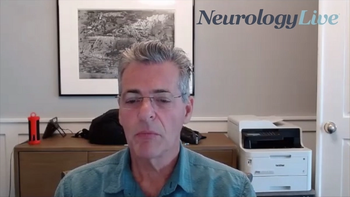
The Ralph and Luci Schey Chair and Director of the Schey Center for Cognitive Neuroimaging at Cleveland Clinic discussed his investigations into improving the MSPT.

The Ralph and Luci Schey Chair and Director of the Schey Center for Cognitive Neuroimaging at Cleveland Clinic discussed the importance of correcting practice effects to determine performance.
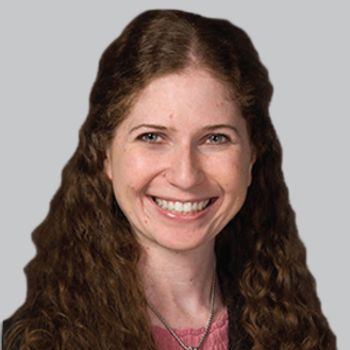
Only 4.9% of respondents in active clinical practice at the time of the survey reported not using telehealth when providing patient care services.
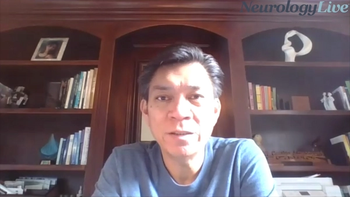
The director of the Center for Neurological Restoration at Cleveland Clinic discussed future ideas for the MANAGE-PD tool to furthering its benefits.
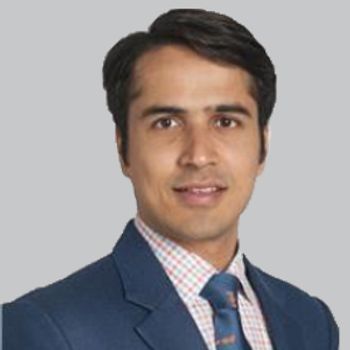
Vineet Punia, MD, MS, shared thoughts on his study from AAN 2021 which characterized generalized epilepsy in older adults and the elderly, and raised questions about its overall prevalence.
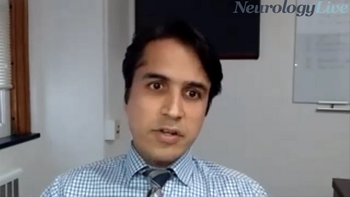
The neurologist from Cleveland Clinic offered his insight into the areas that he believes responsive neurostimulation could provide benefit to patients that need further examination.
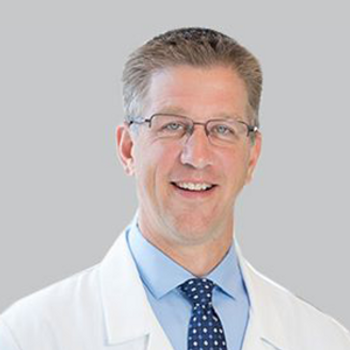
Robert Fox, MD, Vice-Chair for Research at the Cleveland Clinic Neurological Institute, discussed the findings of the phase 2 EMPhASIS trial of this investigational MS therapy.

The Ralph and Luci Schey Chair and Director of the Schey Center for Cognitive Neuroimaging at Cleveland Clinic discussed populations that exhibit greater practice effects than others.
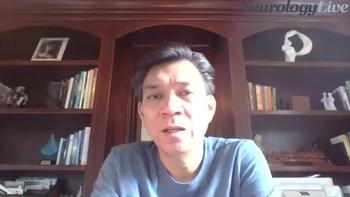
The director of the Center for Neurological Restoration at Cleveland Clinic discussed why gaps remain in screening for patients with Parkinson disease who may be eligible for device-aided therapies.
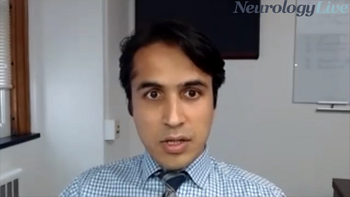
The neurologist from Cleveland Clinic stressed the potential for responsive neurostimulation in older populations with epilepsy and the need for expanded research.
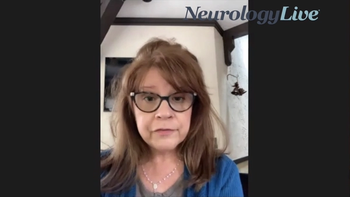
The director of the sleep disorders center at Cleveland Clinic discussed the data on lower sodium oxybate presented at AAN 2021.
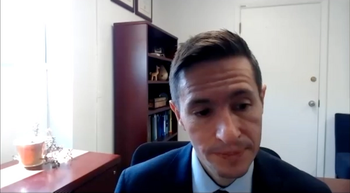
The associate professor of Neurology at the Cleveland Clinic Lerner College of Medicine of Case Western Reserve University discussed the potential of a data-driven approach to classifying patients with MS.
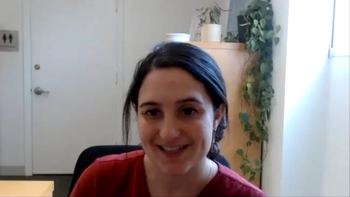
The staff neurologist at the Mellen Center for Multiple Sclerosis Treatment and Research at Cleveland Clinic discussed how novel dexterity measurements can improve prognostication of disease progression.
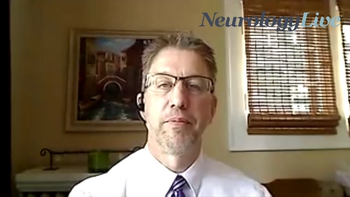
The Vice-Chair for Research at the Cleveland Clinic Neurological Institute discussed his team’s efforts to find the minimally effective dose of IMU-838.

The Ralph and Luci Schey Chair and Director of the Schey Center for Cognitive Neuroimaging at Cleveland Clinic discussed his team’s investigations presented at the 2021 AAN Annual Meeting.
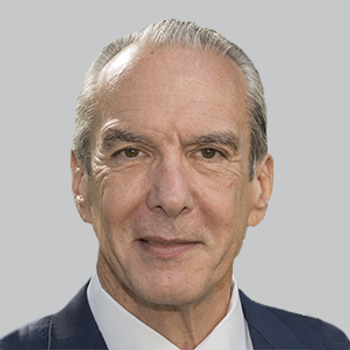
Findings on multiple cognitive end points and biomarkers support lecanemab’s therapeutic concept for the targeting of specific oligomeric species in the process of pathophysiological amyloid generation in Alzheimer disease.
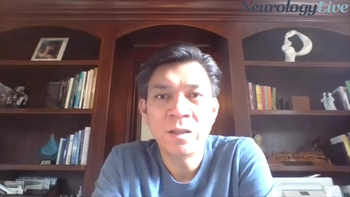
The director of the Center for Neurological Restoration at Cleveland Clinic spoke to how identifying care gaps in Parkinson disease patients is not a niche issue, but part of a bigger problem.

The associate professor of Neurology at the Cleveland Clinic Lerner College of Medicine of Case Western Reserve University discussed the findings of his presentation at AAN 2021.

The neurologist from Cleveland Clinic discussed his study presented at AAN 2021 involving the use of responsive neurostimulation in older adults with drug-resistant focal epilepsy and further expanding research in this space.

The staff neurologist at the Mellen Center for Multiple Sclerosis Treatment and Research at Cleveland Clinic spoke to a study using the digital Manual Dexterity Test.

The director of the sleep disorders center at Cleveland Clinic discussed her investigations into low-sodium oxybate presented at AAN 2021.

The Vice-Chair for Research at the Cleveland Clinic Neurological Institute discussed topline results from the EMPhASIS trial of IMU-838.

"Mind Moments," a podcast from NeurologyLive, brings you exclusive interviews with Stephanie J. Nahas, MD; Bruce Cree, MD, PhD, MAS; Sana Somani, MD, MBBS; Hubert Fernandez, MD; Daniel Ontaneda, MD, PhD; and Richard Gershon, PhD.
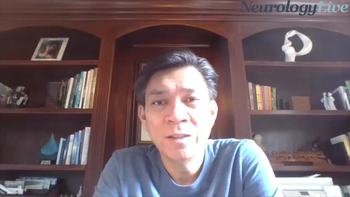
The director of the Center for Neurological Restoration at Cleveland Clinic provided an inside perspective on how the MANAGE-PD tool can effectively assist in the Parkinson disease screening process.

The Ralph and Luci Schey Chair and Director of the Schey Center for Cognitive Neuroimaging at Cleveland Clinic, outlined the different tests that make up the MSPT battery.